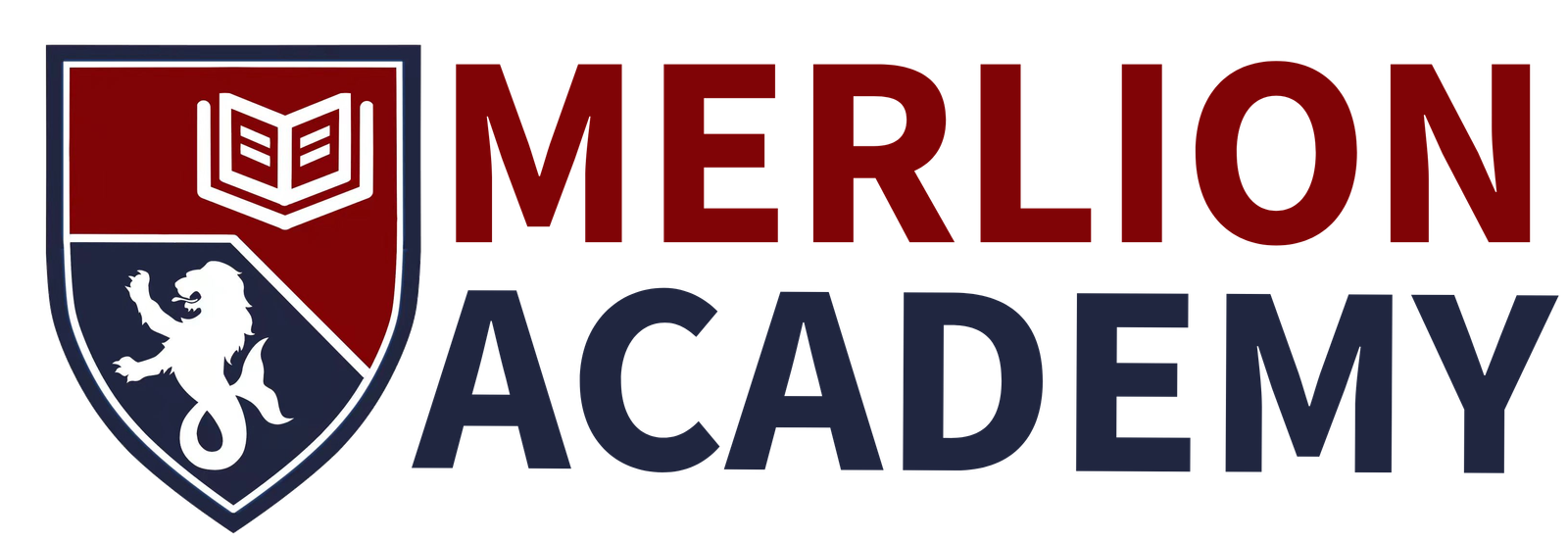Executive Certificate: Disability & Social Care Management [Level II] (ONLINE)
Learners will be introduced to the concept of case management which consists of three key components, i.e., dialogics (dialogue), diagnostics and didactics, known as the Triple-D model, besides being introduced the concept of care management – a natural extension of primary care – that requires complex coordinated interplay among all healthcare stakeholders, from practices, health systems and care teams to caregivers, patients and their communities.
Learners will also be exploring a wide range of challenging issues that confront the social care services today. Learners will be guided through a series of discussions involving brain-storming, scenario planning and problem-solving as they explore how they can contribute to cope with challenges in social care management.
Learner will understand about person-centered and system-centered management approaches, explores how each of the two approaches is designed to play its respective role in advancing the goals of social care service. Learners will explore the similarities and differences between the two approaches as well as the advantages/benefits and disadvantages of the two approaches.
Learner will embark on a learning journey of the daily routine of managing social care services. Social care services provide support to people with all kinds of challenging issues (e.g., learning disabilities, physical disabilities and mental/cognitive impairments). This social care support can cover practical activities, personal care and social work, intended to help the people receiving social care to live comfortably. Learners will learn about many different forms of social care services. The care a person receives is dependent on their specific needs. They will learn how to design an activity schedule and work routine plan as they go about their professional work.
- Unit 1: From Case Management to Care Management
- Unit 2: Challenges in Social Care Management
- Unit 3: Person-Centered vs System-Centered Management Approach
- Unit 4: The Daily Routine of Managing Social Care Services
Assessment:
- Assessment is based on coursework, assignments and essay writings with no formal examinations
- Guided learning hours to fulfill: 60 hours
Entry Requirements:
Age
21 years and above
Minimum qualification
Diploma graduate in any discipline
English requirement
1. Pearson Test of English (PTE) 51; or
2. IELTS 5.5 (reading and writing must be at 5.5); or
3. TOEFL 59
5. Equivalent (such as Pearson Versant English Test).
Course Fees:
(Non-refundable one-time application fee of SGD 95.00 is payable upon application)
Program fee
SGD 1,600.00
Marking fee
SGD 200.00
Payment mode
Stripe / Credit card / Alipay
Refund Terms
90% – more than 28 days before course commencement
50% – less than 28 days before course commencement
10% – less than 3 days before course commencement
0% – more than 3 days after the course commencement


